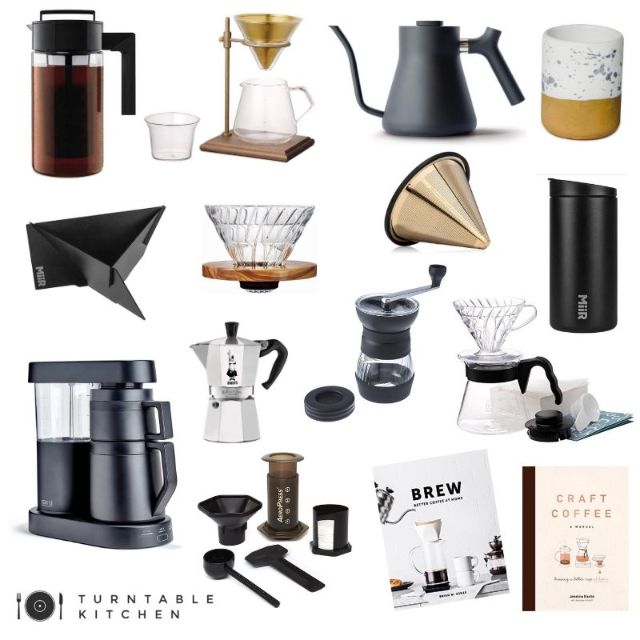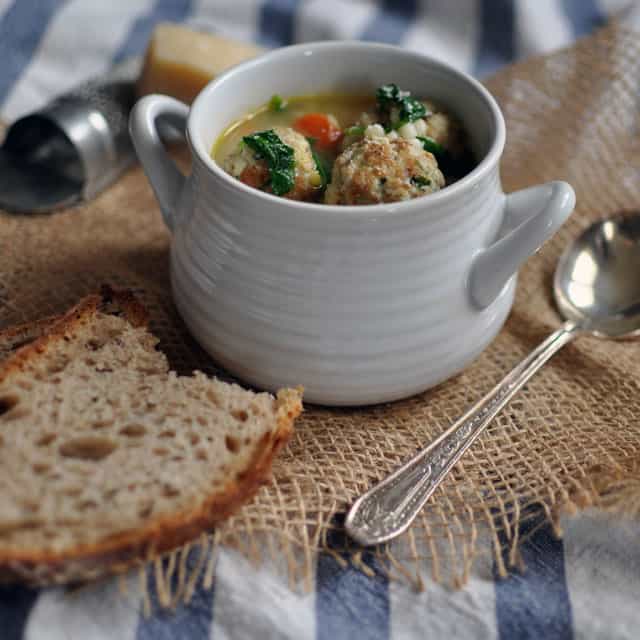
The first ‘test’ of being a good mother, it turns out, is how well you are able to feed your baby. If you discover that you are not a natural Earth mother like Angelina Jolie or Josie Maran or Alicia Silverstone (even if you do bake granola and purchase all-natural, green diapers which are really just overpriced trash bags made out of dehydrated green beans), you begin to torture yourself beginning on day one. Am I a horrible mother? Am I harming my child? Am I inadequate? Is something wrong with me that I am unable to succeed at something so fundamental to being a mother? The thing is, I had always thought that breastfeeding was my duty as a mother; a duty I would fulfill and love and one that I would have no problems fulfilling.
As it happened, my plan to exclusively breastfeed my baby was foiled only hours after we brought Neko home from the hospital. I was horrified to find myself nursing for hours and hours on end only to discover that not only was my body not producing enough milk to sustain her, but I was enduring incredible, nonstop pain, regardless of how many lactation consultants (did you know there was even such a profession?) tried to help. To say those first few weeks of motherhood were as blissful as some mothers, bloggers, and celebrities would like you to believe, is a very, very serious overstatement. I’d like to go so far as to call it a bunch of lies. The fact is, unless your child is perfect, and you have absolutely zero problems with your physical and emotional well-being, being a parent is hard! Not only is it hard those first few weeks, but I imagine it’s hard for the rest of your life. I gazed lovingly at my little nugget that I loved so much already, and then cried as I tried to cope with my own feelings of inadequacy.
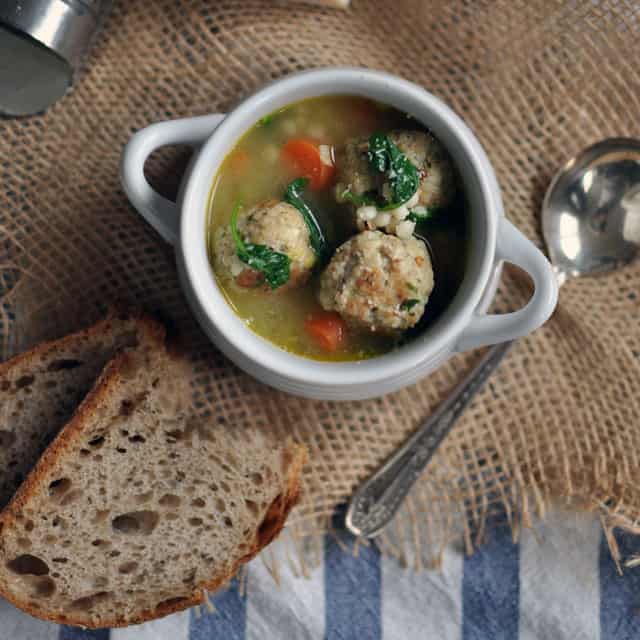
While I haven’t read Tina Fey’s book, Bossypants, when a friend mentioned I might be interested in her take on breastfeeding, I made a mental note of picking it up. Considering my brain was running on 1-2 hours of sleep/day, such mental notes were generally lost. But, coincidentally, I came across an excerpt from the book — presumably the one my friend had referenced — on a mother’s group and I found myself immediately comforted. I hadn’t laughed at my ‘situation’ like that in weeks. Despite the many, many emails, calls, texts and battle stories so many mothers shared with me upon hearing my woes, I was still unable to let go of the guilt I was feeling for having to supplement Neko’s diet with a lot of formula while Matt and I ate organic chicken and kale for dinner. That mother’s guilt people talk about — people, that feeling is REAL. I imagined myself sitting in a coffee shop, pulling out a bottle filled with water and a can of powdered formula and being gawked at by the upper-middle class ranks of women who view formula-feeding as the most horrible thing you can do to your child. I, a woman who makes yogurt from scratch. A woman who has never smoked a cigarette in her life. A woman who was not breastfed herself and has the most wonderful, close relationship with her mother (and few would call sickly). I began to read up on the merits of breastfeeding vs. formula feeding, and the comments on articles such as this as I continued to nurse and pump with fervor.
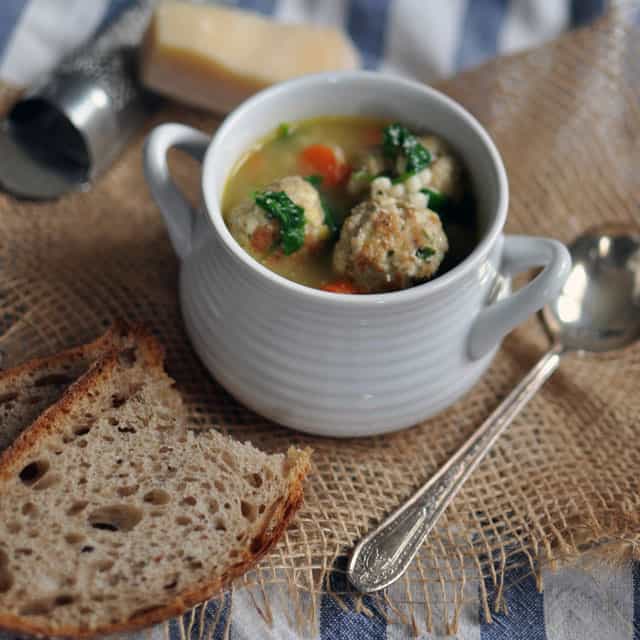
As someone who swore that I wouldn’t even take the bottles of formula the hospital would try to send me home with, I’ve found myself feeding more of the stuff to Neko than breast milk. The harder I tried to overcome my body’s apparent failure, it felt, pumping and nursing and pumping and taking supplements and guzzling fluids — the less milk I seemed to produce. The more people told me to ‘relax’ and ‘take it easy’ the less relaxed I felt! How was I supposed to stress less when the problems persisted? I want to take my ‘Williams Sonoma tit juicer,’ as Tina Fey called it, and throw it out the window. There is one thing worse than watching tiny droplets of milk descend into collection bottles at an alarmingly slow rate: and that is having your child breastfeed and then proceed to cry. All this is to say that I look forward to the day that I can feed Neko chicken meatball soup. And summer peaches. And crisp cucumbers. And fresh-churned vanilla ice cream. I cannot wait to share everything I love with my little girl and I’m slowly coming to terms with the fact that it hasn’t all gone according to plan but I’m doing my best. And with the people you love, doing your best is what counts.
We always welcome comments on Turntable Kitchen. However, please be aware that this is a deeply personal post for me and one that I share with a bit of fear as I know how contentious the breast vs. bottle debates are (unfortunately so, as I feel that this is such a private family matter and there is no wrong or right way to live your life). This is my personal experience; in no way is this a political statement or a tirade about the benefits of one method of feeding your child versus another. If you would like to leave a comment, please keep it positive. I will not tolerate hateful, hurtful and/or offensive comments directed at me or anyone else who chooses to chime in. Thank you for being here, friends. I promise things won’t always be so serious here.
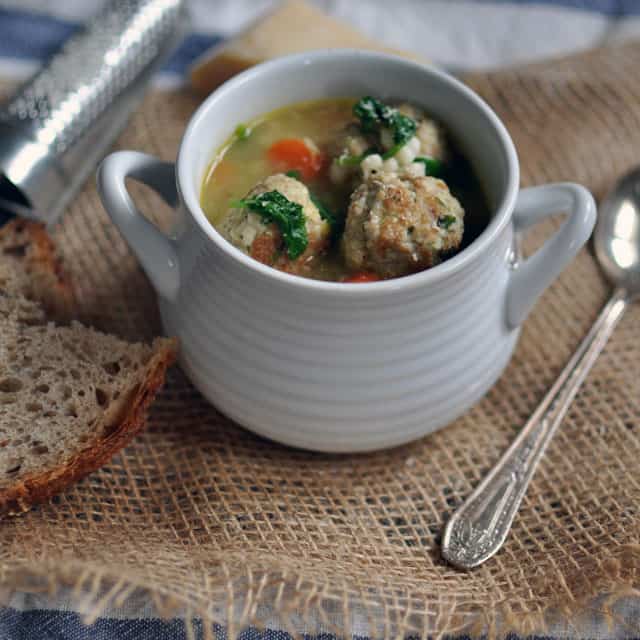
Chicken Meatball Minestrone with Ras El Hanout and Israeli Couscous
*adapted from Bon Appetit
We doubled the meatball recipe and froze half of our meatballs for later use; they’re delicious. I happened to have some Parmesan rind on hand which I highly recommend using (if you’ve got it). Adding some to your stock can really enrich the soup’s flavor.
For the meatballs:
1 pound of ground chicken
1 cup of Panko breadcrumbs (Premium ingredient featured in the September Pairings Box)
2 tablespoons of finely grated Parmesan
2 garlic cloves, minced
2 teaspoons of ras el hanout (Premium ingredient featured in the November Pairings Box)
2 tablespoons of thinly sliced green onion
1 tablespoon of finely chopped cilantro
2 large eggs, lightly beaten
kosher salt and freshly-ground pepper, to taste
For the soup:
2 tablespoons of olive oil
2 garlic cloves, thinly sliced
1 leek (white and light green parts only) sliced into 1/4-inch rounds
4 cups of chicken broth
3 cups of water
3/4 cup of Israeli couscous
1 cup of carrots peeled and sliced into 1/2-inch rounds
1 1/2 cup (packed) baby spinach or baby kale
1/4 teaspoon of red chili flakes
Parmesan rind (optional)
Parmesan cheese, for topping
1. Combine all of the meatball ingredients in a medium bowl and use your hands to mix. Form mixture into 1/2-inch-diameter rounds.
2. Heat the oil in a medium skillet over medium-high heat. Add the meatballs, in batches, and cook until they are golden (about three minutes). They will finish cooking in the soup. Transfer meatballs to a plate and set aside while you prepare the soup. If you’d like, you can reserve extra meatballs for later use (we froze some to be eaten when we first had our baby).
3. Add leek slices to a large saucepot and cook, stirring, until they begin to soften. Next, add the garlic and cook for another minute.
4. Add the broth, water, chili flakes and Parmesan rind (if using). Bring to a boil before stirring in the couscous and carrots. Add the meatballs, then dial down the heat to a simmer and continue to cook until couscous is soft, carrots are tender and meatballs are cooked through.
5. Stir in the spinach or baby kale and cook until the greens just begin to wilt. Season with salt and pepper, to taste.
6. Divide soup among bowl, garnish with Parmesan and serve with crusty, toasty bread.
*This recipe makes a big batch and freezes well.
Musical Pairings: Lord Huron – Lonesome Dreams + Chicken Meatball Minestrone with Ras al Hounout and Israeli Couscous
 More on the Turntable.
More on the Turntable.

